UK Announces Islamophobia Council—But Will It Finally Define the Crisis?
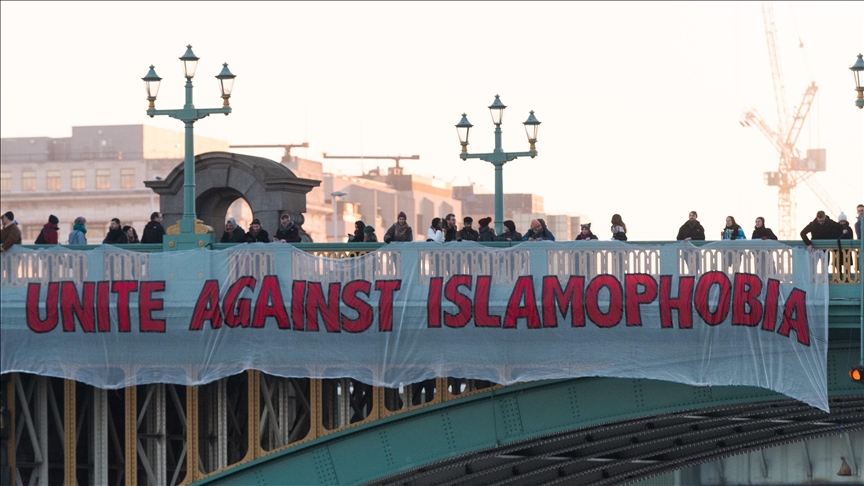
The UK government’s latest move to define Islamophobia has sparked a heated debate over free speech, religious discrimination, and the balance between protecting Muslim communities and safeguarding civil liberties.
While the Muslim Council of Britain (MCB) has consistently urged ministers to adopt the existing definition set out by the All-Party Parliamentary Group (APPG) for British Muslims, the government has instead chosen to form a 16-member council to develop an alternative framework—one that could potentially dilute the urgent need for robust protections against Islamophobia.
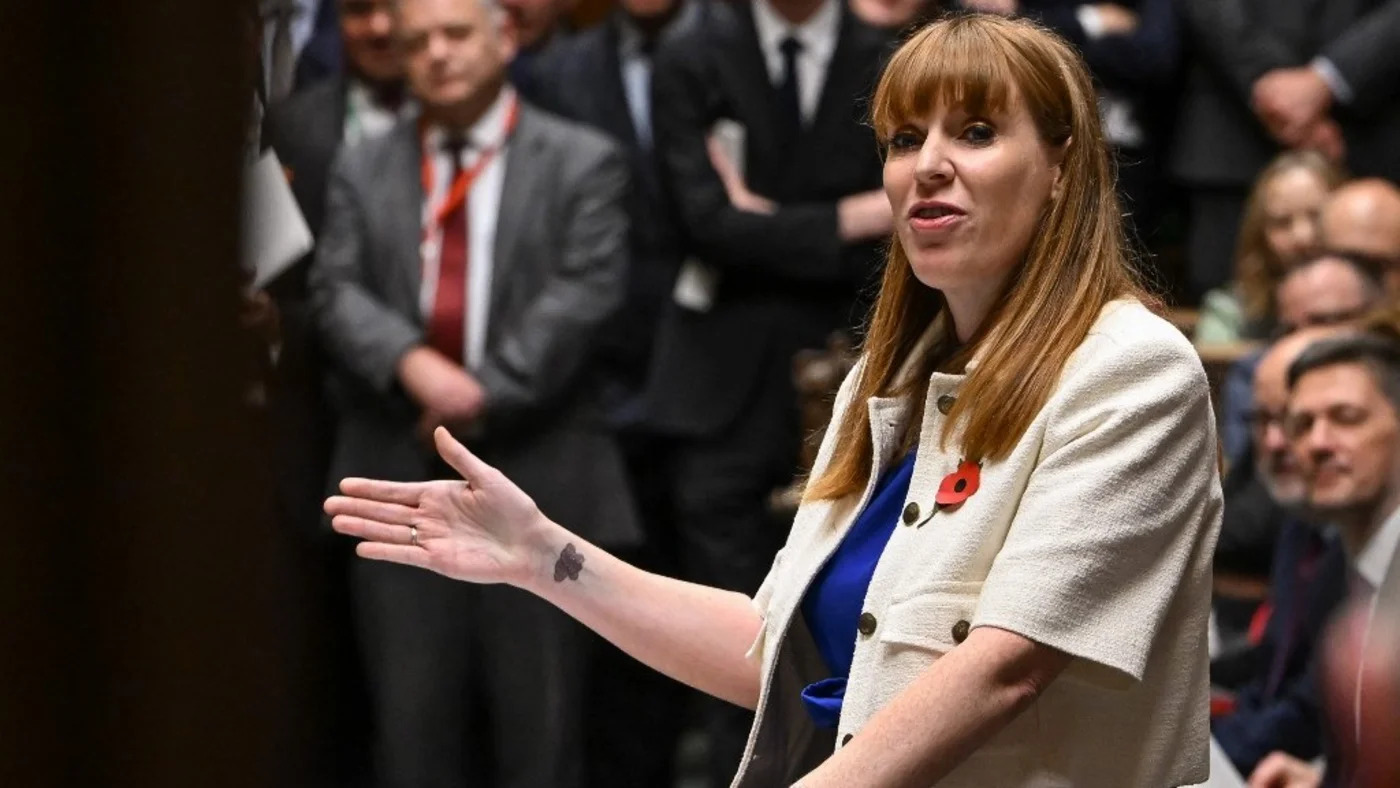 Deputy Prime Minister Angela Rayner has announced plans to establish the council under the Ministry for Housing, Communities, and Local Government (MHCLG). The council’s primary task will be to define anti-Muslim discrimination and advise the government on how to combat it.
Deputy Prime Minister Angela Rayner has announced plans to establish the council under the Ministry for Housing, Communities, and Local Government (MHCLG). The council’s primary task will be to define anti-Muslim discrimination and advise the government on how to combat it.
Among those recommended to lead the initiative is former Conservative Attorney General Dominic Grieve, who previously chaired the Citizens' UK Commission on Islam and wrote the foreword to the APPG's 2018 report on Islamophobia.
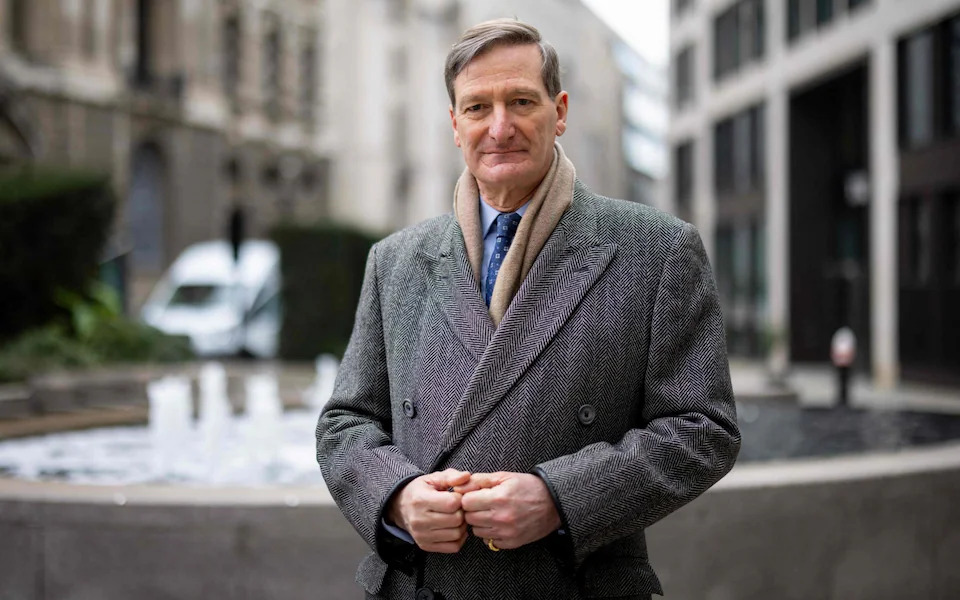 Grieve has expressed openness to the role but admitted that defining Islamophobia is challenging. “If I can be of assistance in doing something constructive requested by any government on a non-party political basis, I am willing to consider it. It depends on what it is and whether I can add value and help the wider public service,” he told the reporters.
Grieve has expressed openness to the role but admitted that defining Islamophobia is challenging. “If I can be of assistance in doing something constructive requested by any government on a non-party political basis, I am willing to consider it. It depends on what it is and whether I can add value and help the wider public service,” he told the reporters.
However, his potential appointment is controversial, given that he previously supported the APPG’s definition, which rightly states that “Islamophobia is a type of racism that targets expressions of Muslimness or perceived Muslimness.” Labour initially supported this definition but is now wavering, raising suspicions that political expediency is being prioritized over justice.
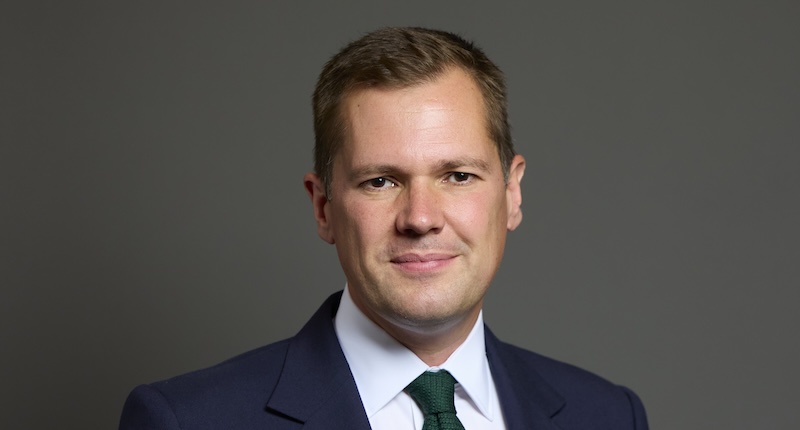 The 2018 APPG definition has faced relentless opposition from those who claim it could curb free speech. Shadow Justice Secretary Robert Jenrick has gone so far as to call it a “Trojan horse for a blasphemy law protecting Islam.” This narrative is not only misleading but dangerous, as it dismisses legitimate concerns about Islamophobia and provides cover for anti-Muslim hate.
The 2018 APPG definition has faced relentless opposition from those who claim it could curb free speech. Shadow Justice Secretary Robert Jenrick has gone so far as to call it a “Trojan horse for a blasphemy law protecting Islam.” This narrative is not only misleading but dangerous, as it dismisses legitimate concerns about Islamophobia and provides cover for anti-Muslim hate.
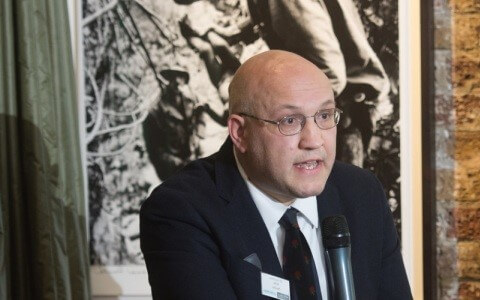 Paul Stott from Policy Exchange said, “The Government is giving off worrying vibes – that it is potentially amenable to restrictions on ‘blasphemy’ and that its mind is made up in favor of a definition of Islamophobia. If so, that is terrible news for freedom of speech.”
Paul Stott from Policy Exchange said, “The Government is giving off worrying vibes – that it is potentially amenable to restrictions on ‘blasphemy’ and that its mind is made up in favor of a definition of Islamophobia. If so, that is terrible news for freedom of speech.”
However, the MCB insists that the APPG definition is a crucial step in addressing Islamophobia, stating, “The violence we saw last year from the post-Southport riots and the ongoing hatred against Muslims demonstrates starkly why the challenge is real. Despite attacks on Muslim lives, those who have no interest in protecting Muslims will claim that such moves are blasphemy laws by stealth.”
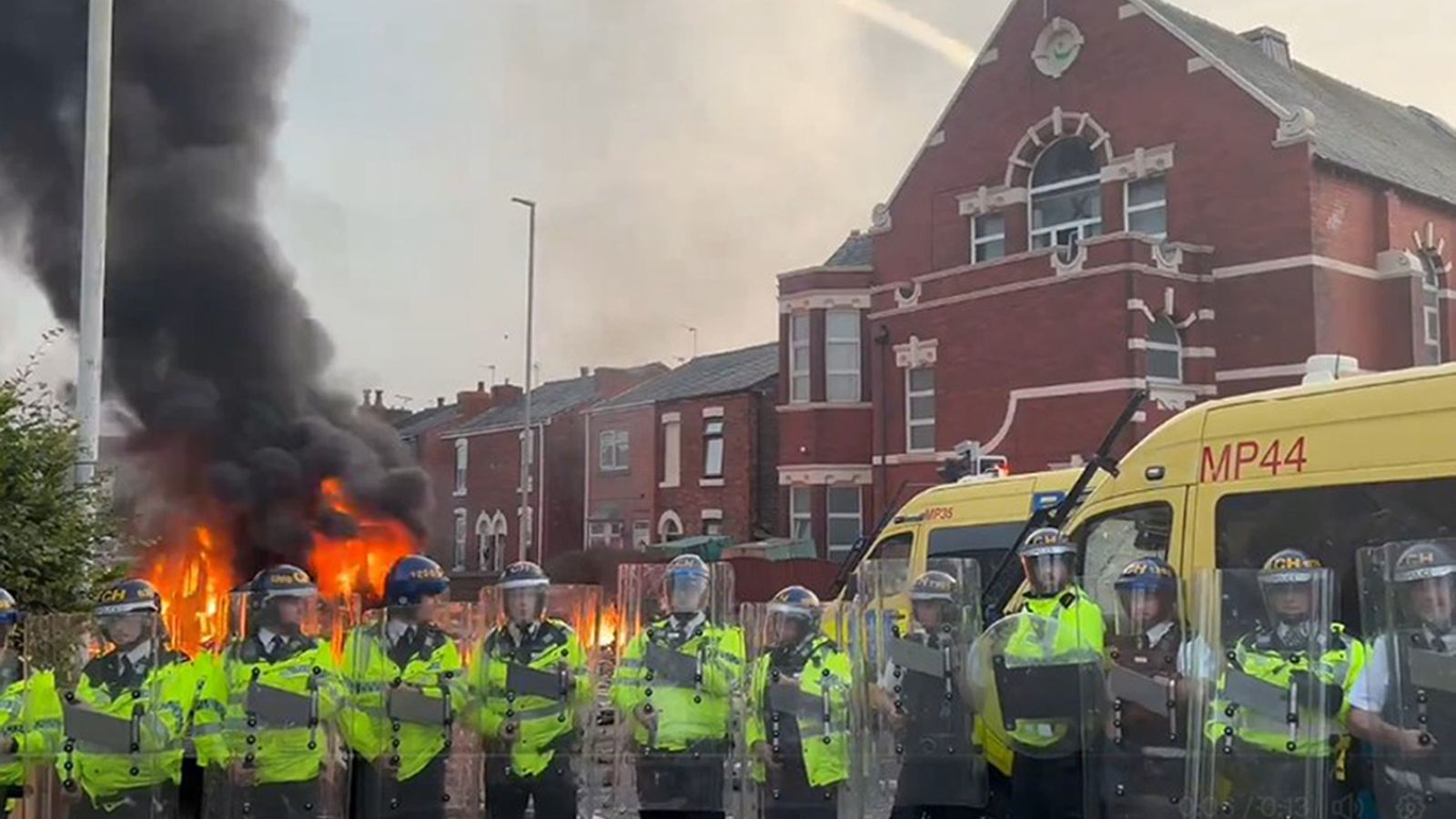
Post-Southport riots in UK
The debate is taking place against a deeply disturbing backdrop of rising Islamophobia in the UK. Last summer, far-right riots swept across Britain, driven by “anti-Muslim and anti-immigrant hatred” in the UK. A recent incident in Manchester saw a 47-year-old man plead guilty to setting fire to a Quran, an act widely condemned as an explicit display of religious hatred.
Such incidents fuel the argument that stronger measures are needed to tackle Islamophobia. As Grieve himself stated, “Perfectly law-abiding Muslims going about their business and well integrated into society are suffering discrimination and abuse.”
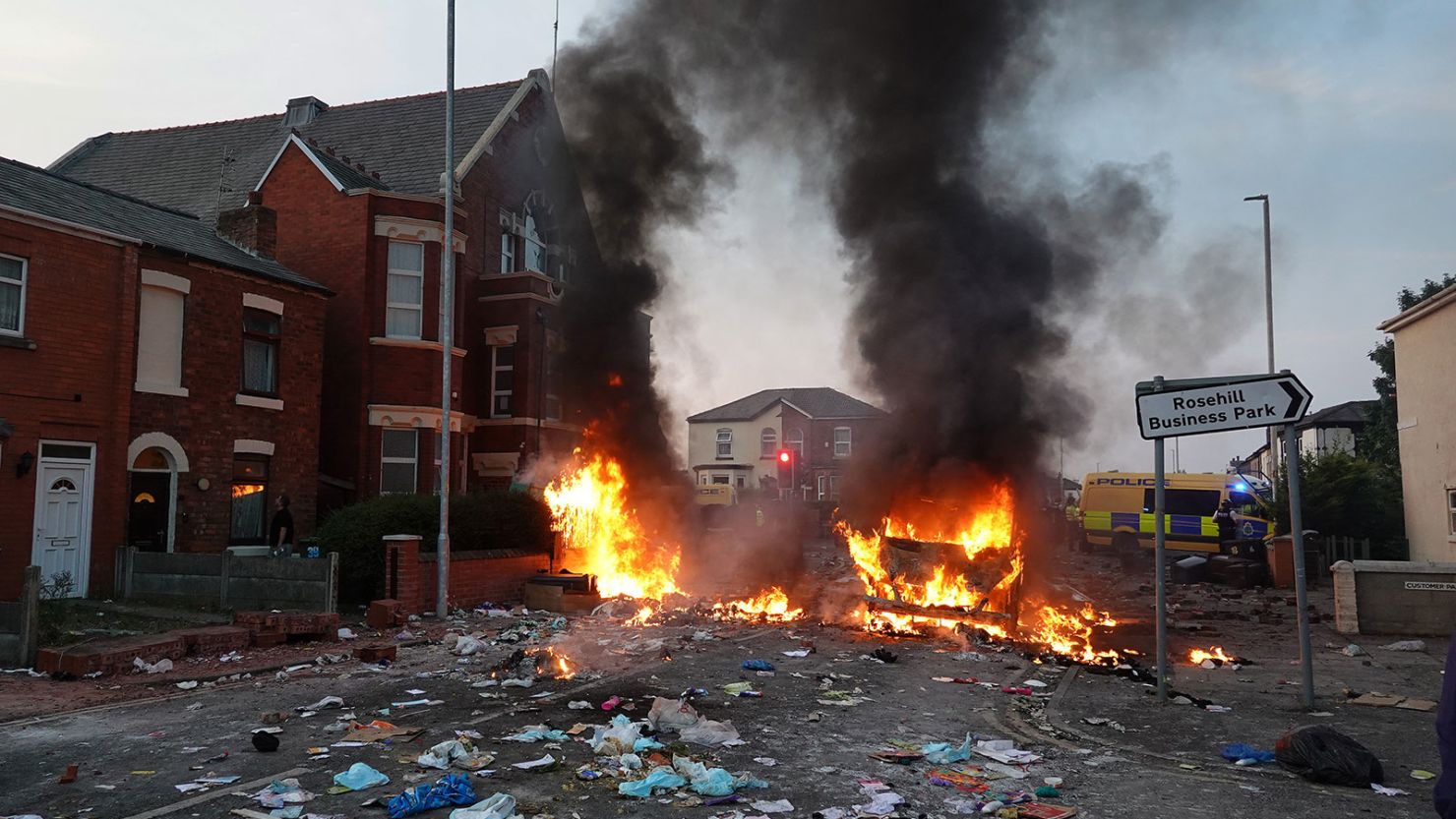 Anti-Muslim far-right riots
Anti-Muslim far-right riots
Labour’s reluctance to firmly commit to the APPG definition raises serious questions. The government’s simultaneous proposal for a separate council on antisemitism suggests selective prioritization of issues, leading many to wonder whether Muslim concerns are being deliberately sidelined.
This is not the first time a UK government has dodged the issue. Under Theresa May’s leadership, the Conservative Party extensively debated adopting the APPG definition but ultimately abandoned it in 2019.
Angela Rayner and her colleagues appear poised to repeat history, prioritizing political convenience over justice.
While the government claims that “all forms of religious and racial hatred have no place in our society,” as stated by an MHCLG spokesperson, their actions suggest otherwise.




